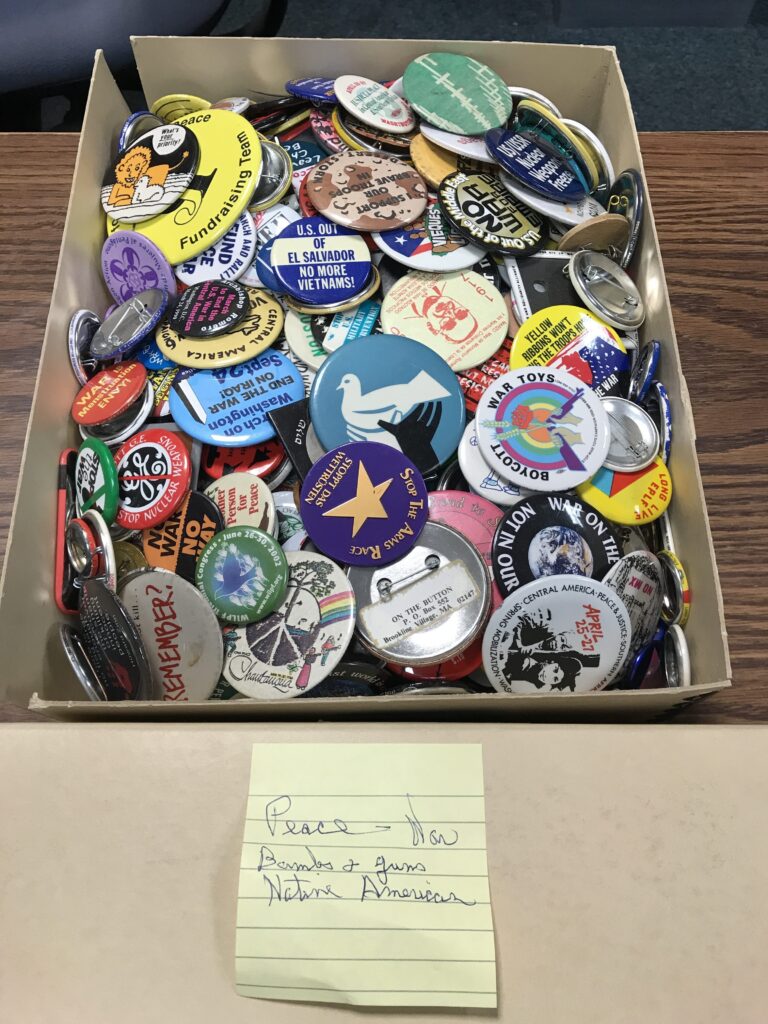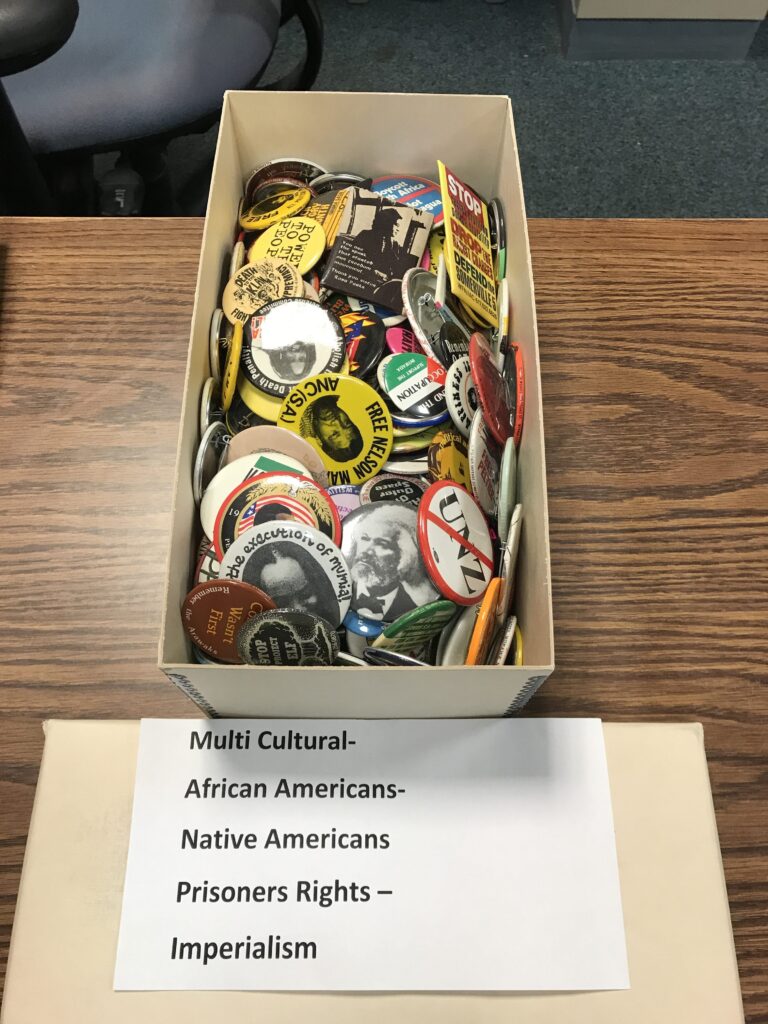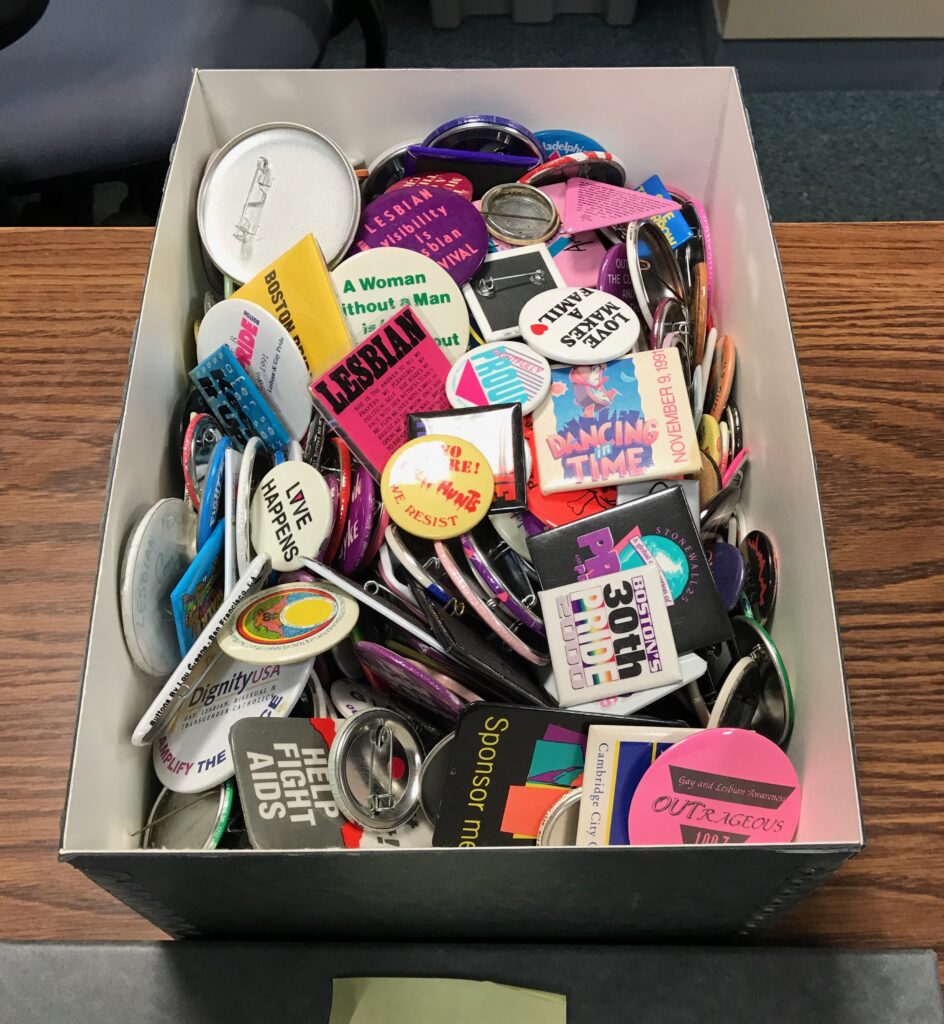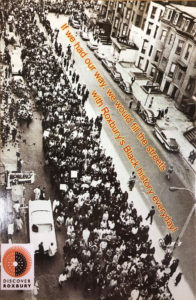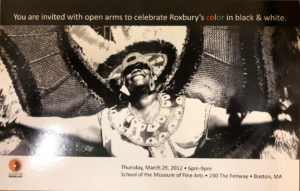Archives and Special Collections Teams with Zooniverse to Crowdsource Boston Phoenix Index
For nearly 50 years, The Boston Phoenix was Boston’s alternative newspaper of record, the first word on social justice, politics, and the arts and music scene. Its intrepid journalists tackled issues from safe sex and AIDS awareness to gay rights, marriage equality, and the legalization of marijuana. Ads for roommates, romantic mates, and band mates—one could find all these and more in the newspaper’s probing, irreverent, entertaining pages. It ceased publication in March 2013, but in 2015 was preserved for posterity thanks to owner Stephen Mindich’s decision in September to donate the paper’s archives to the Northeastern University Archives and Special Collections (NUASC).
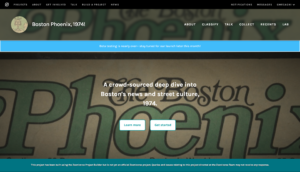 Today, NUASC launches Boston Phoenix, 1974!, a new project that aims to make The Boston Phoenix’s content more accessible to researchers. Using Zooniverse, Boston Phoenix 1974! (left) will recruit an army of volunteers to create an index to The Boston Phoenix. Participants will be re-typing a large set of index cards that once helped Phoenix reporters find past articles. Volunteers will have the opportunity to take a deep dive into the arts, culture, politics, and topics of vital importance to Bostonians in 1974 by encountering articles such as “The Winning Ways of Mike Dukakis,” “Kissinger: Financing the Death of a Government,” “Lifestyles: Conversing with Lesbian Mothers,” “Changes ahead for Cambridge Rent Control,” or “Garrity on Busing: No Delaying Tactics.” The nonprofit Zooniverse offers this platform to connect professional researchers with 1 million+ volunteers in order to enable research that would not be possible, or practical, otherwise.
Today, NUASC launches Boston Phoenix, 1974!, a new project that aims to make The Boston Phoenix’s content more accessible to researchers. Using Zooniverse, Boston Phoenix 1974! (left) will recruit an army of volunteers to create an index to The Boston Phoenix. Participants will be re-typing a large set of index cards that once helped Phoenix reporters find past articles. Volunteers will have the opportunity to take a deep dive into the arts, culture, politics, and topics of vital importance to Bostonians in 1974 by encountering articles such as “The Winning Ways of Mike Dukakis,” “Kissinger: Financing the Death of a Government,” “Lifestyles: Conversing with Lesbian Mothers,” “Changes ahead for Cambridge Rent Control,” or “Garrity on Busing: No Delaying Tactics.” The nonprofit Zooniverse offers this platform to connect professional researchers with 1 million+ volunteers in order to enable research that would not be possible, or practical, otherwise.
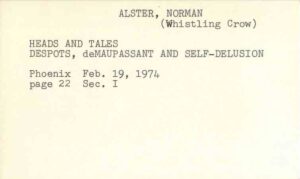 For any researcher visiting NUASC to research Boston’s political, cultural, and social history between the 1970s through the early 2000s, The Boston Phoenix is always recommended as a primary resource, and it is widely used both for research and teaching. Pre-COVID, NUASC staff had previously digitized January-June 1974 of The Boston Phoenix for preservation purposes (right). These issues are now available, and provide a prime opportunity for revisiting this year—one filled with civil unrest, racial violence, and ubiquitous activism.
For any researcher visiting NUASC to research Boston’s political, cultural, and social history between the 1970s through the early 2000s, The Boston Phoenix is always recommended as a primary resource, and it is widely used both for research and teaching. Pre-COVID, NUASC staff had previously digitized January-June 1974 of The Boston Phoenix for preservation purposes (right). These issues are now available, and provide a prime opportunity for revisiting this year—one filled with civil unrest, racial violence, and ubiquitous activism.
NUASC is offering this free (and fun!) activity for use in homes and classrooms across greater Boston (and nationally through the Zooniverse’s already-established volunteer network) in order to build a community of support—people who will be inspired to read articles they have transcribed and write about them on their favorite social media platform. When complete, the index will become a way for researchers to quickly pinpoint articles without having to browse whole issues. Ultimately, NUASC hopes to raise $250,000 to digitize the entire collection.
For information about the complete contents of NUASC’s collection of the Phoenix and some brief background information, please go to our portal page.

